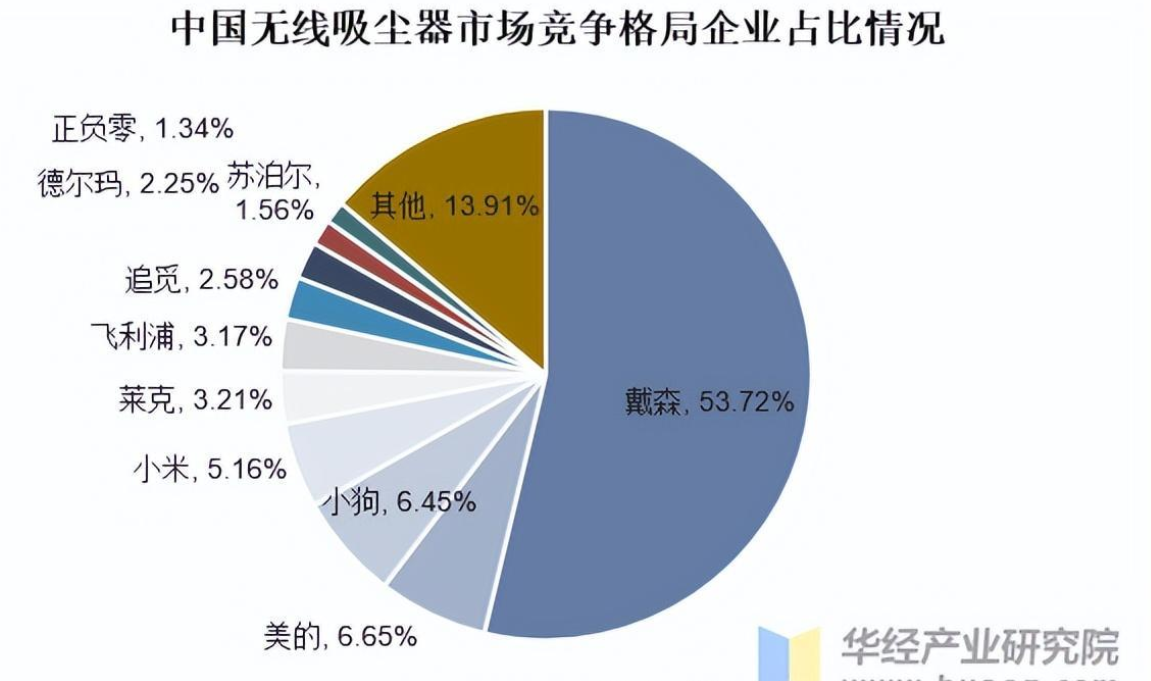China’s vacuum industry has evolved through three phases:
2000-2010: Dominated by OEM manufacturing, producing 70% of global vacuums but with 50%, but rural areas

Evolution: From OEM Export to Technological & Branding Breakthroughs
China’s vacuum industry has evolved through three phases:
2000-2010: Dominated by OEM manufacturing, producing 70% of global vacuums but with <5% profit margins;
2011-2020: Brands like Lexy and Ecovacs emerged, launching wireless vacuums (2013) and robot cleaners (2016), boosting domestic penetration to 12%;
2021-2025: Tech explosion—dual-frequency motors and AI navigation became standard. Premium product ASP rose from ¥1,800 to ¥3,200, with 2025 market size projected at ¥48.3 billion (CAGR 11.7%).
Current Landscape: Tripartite Competition & Segment Growth
Three defining trends in 2025:
Market Stratification:
Premium segment (≥¥3,000): MOVA, Dyson, and Dreame hold 78% share, focusing on "mopping + self-cleaning";
Budget segment (¥1,000-2,000): Xiaomi and Midea leverage ecosystem advantages, shipping 8M+ units annually;
Tech Leap:
Suction power surged from 150AW to 250AW, noise reduced to 55dB (vs. national standard 72dB);
60%+ models integrate LiDAR/mmWave sensors, improving path planning efficiency by 40%;
Global Expansion:
Ecovacs acquired Germany’s Proscenic to access European channels, with overseas revenue hitting 35%;
Dreame leveraged TikTok live commerce for 220% growth in Southeast Asia.
Key Players: Strategic Differentiation Redefines the Market
Lexy Electric:
Focused on "car vacuums + EV motors," securing Tesla’s secondary supplier status. Automotive parts revenue rose to 45%;
12.3% R&D investment ratio, holding 627 patents (31% international).
Ecovacs:
Launched the first "whole-home cleaning robot" (¥8,999), integrating vacuuming, mopping, and air purification with 100K+ pre-orders;
Built an AIoT cloud platform with 3.2 daily user interactions and 68% data service margins.
Dreame Tech:
Pioneered "microgravity dust removal" for spacecraft cleaning, partnering with CNSA;
B2B revenue (industrial/medical equipment) exceeded 30% in 2025.
Future Trends: Challenges & Opportunities
Market Imbalance:
Tier 1-2 cities penetration >50%, but rural areas <8%. Solutions like "¥1,000 waterproof vacuums" target farming needs;
Case: Haier’s "livestock farm vacuum" (IP68-rated) saw 170% rural sales growth.
Tech Barriers:
Dyson’s patent lawsuits (23 patents including dual-frequency motors) push local firms toward hydrogen-powered and quantum dust removal tech;
Breakthrough: MOVA’s "electrostatic nano-membrane" with 99.999% filtration efficiency at 60% lower cost.
Ecosystem Wars:
Battles for smart home dominance require HarmonyOS/Vela OS compatibility;
Innovation: Ecovacs opened APIs for third-party plugins like "pet hair removal" and "pollen allergy mode."

















